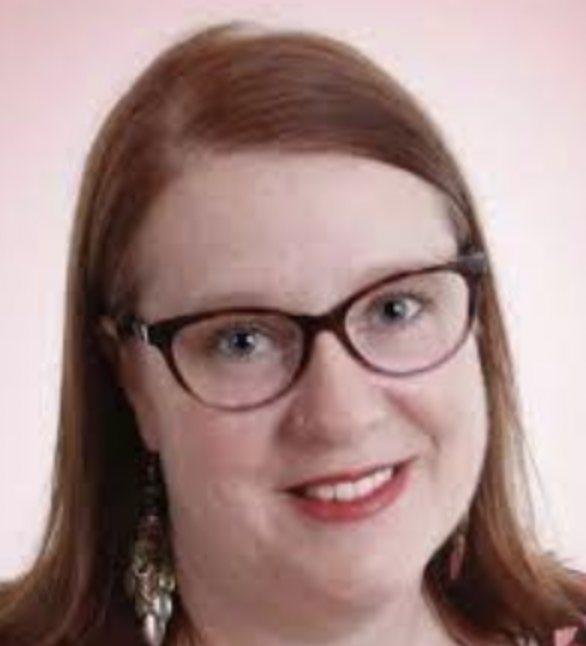
By Amber Chandler
Possibly, you’ve heard there’s a teacher shortage, and your job prospects would be great. Maybe you’ve also heard you could even get student loan forgiveness. Of course, you know you’ll have all of the holidays off. But, before you make that commitment, let me tell you a thing or two about teaching. You’ll need to understand right from the get-go that you could make more money with a four-year degree starting out elsewhere, in another field. You’ll need to realize that despite all the talk about differentiated instruction for every student, standardization is still the driving force in education. You should also think about the work/life balance because even though you might have summers off (though most of us work a side hustle of some sort), you work more than the average 40-hour week during the school year. And you’ll need to realize that today there are parents who will make it their job to undermine you, and your confidence will be shaken.
You’ll need to think about all that, but I’m here to tell you, that if it is in your heart, in your gut, and yes—I’ll be a bit melodramatic here and just say it—in your soul to teach, then you think about all of those other things, but then you go right ahead and become a teacher. You become the teacher, the one who will change lives, because even with all of those odds stacked against you, there is nothing I’d rather do every day then get up and go to school—the one place where I can create a world I’m comfortable walking around in.
In your classroom, you set the tone. You can make sure that the last student usually picked isn’t the last one picked this time. In your classroom, you can make sure the student who doesn’t have the most basic of necessities can have the tools to do their work. In your classroom, you can listen to those who are never heard. You can see those kiddos who are afraid to be known. You can set the tone, and the tone can be acceptance, respect and compassion.
In your classroom, you inspire. Your stories, your life lessons and your perseverance can stand as a testament for all types of students. When my dad died, my students knew how I struggled, and I normalized healthy grief (see “Supporting Grieving Children in Our Schools”). When I make a mistake, I admit it and move on, and I normalize an open mind. When I have tensions with a student, I respond with mercy and grace, and I normalize the ability for thinking, caring people to disagree and even be angry without losing our humanity toward each other. I normalize the belief that the human condition is one of struggle, but also one of hope and connection despite differences.
In your classroom, you create community (see “Social, Emotional, and Academic Strategies for Building an Inclusive Classroom Community”). You focus on what brings your students together. You are a connector, a friendship builder, and a conduit for students to find their people. You can orchestrate groups that are inclusive, and you model what it looks like in a world where all voices matter. In your classroom, you can create a community of learners who will cheer each other on, lift each other up, and never leave anyone out. You have the power to change the way humans treat one another.
In your school, you can become the teacher who believes in the power of good teaching. You don’t have to participate in toxic positivity—sugar coating the very difficult job of teaching—but you can be the teacher who loves what they do, fights for what they know should be done, and never gives up on the power of relationships to move mountains. You can be the one who lifts others, carries them along with you when you have a crazy idea that will engage students, and celebrates all gains (academic or otherwise). You can be the teacher who doesn’t pretend things are easy, but shows up and does what needs to be done to make the world a little bit more hopeful, a little bit more equitable, and a little bit more accepting for those who need it most (see “Three Mentoring Mistakes [from someone who knows]”).
So, if you think you want to be a teacher, I can promise you a rocky path, setbacks and sadness that will make you catch your breath, but I can also promise you that there is no other way to spend your life if teaching is your calling. I’ve helped students escape generational poverty by showing them another way. I’ve helped students recognize their talents, giving them hope for their future. I’ve helped families find resources to make sure they can give their children the necessities. I’ve helped new teachers understand that one lesson, one day, or even one week of dismal teaching doesn’t define you, but how you respond to it does. I’ve helped stressed kiddos balance their schedules, and I’ve helped thousands of students know that they are worthy.
For me, on the good days and the rough days, the mountain tops and the valleys, I rely on my truth, my calling and my understanding of how to change the world: Joy is the most radical of acts, and helping others to become the best versions of themselves is the only way I’d want to spend my days. Public schools continue to provide students with a portal into a world they may not experience elsewhere; and by all means, we must protect that portal, nurture that space and broaden our circle of caregivers. Without a hint of irony, I thoroughly invite you to become a teacher. It won’t be easy, but it will be worth it.

Amber Chandler is a National Board Certified middle school ELA teacher in Hamburg, New York with a Master’s Degree in Literature, as well as a School Building Leader certification.
